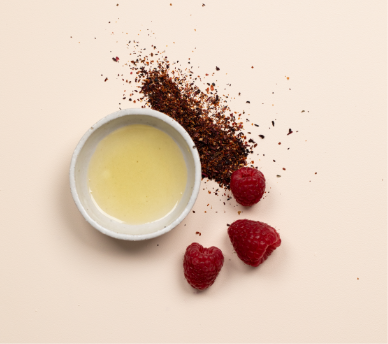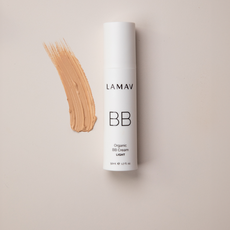Effective (Natural) Ways To Reduce Stress
Financial problems, a micromanaging boss, chronic back pain, emotional dissatisfaction — these are just a few stress factors that we are facing today. Stress doesn’t always have to be linked to negative events in our lives, though. How many times have your palms sweated before a first date? Exercise is also a type of stressful experience. Especially for a beginner. Basically, any change that requires an adjustment on our end is putting us under stress without us always being aware of it.
When mildly manifested, stress has a protective role. It teaches our bodies how to adapt, gives us the strength to run away from a threatening situation or fight our way through it. The problem arises when your stress levels go through the roof and when this happens nearly every day. That’s when it starts wreaking havoc on your health, causing you headaches, high blood pressure, anxiety, and leading to diabetes, autoimmune disorders, even infertility.
While most of the time we cannot make the sources of stress in our lives go away, we definitely can change the way we react and feel about them. Apart from that, there are many natural ways to alleviate the symptoms of stress (be it occasional or chronic). If you want to know more about them, read on.
Regular Physical Activity
Studies show that negative effects of stress are more common with inactive people. Exercise causes that positive adaptive stress which teaches our bodies that after surviving there is a reward. So, the next time you expose yourself to the same kind of stress, the body’s reaction is far less dramatic. Running, strength training, and dancing release endorphins in the brain, which are the natural mood-lifters. On the other hand, low-impact exercise, like yoga or tai chi, decrease anxiety symptoms by reducing muscle tension. They often involve various breathing techniques that additionally promote relaxation, thus improving sleep quality and energy levels. Longterm effects of regular exercises, such as a slim figure, also improve self-esteem.
Rest. Sleep deprivation stimulates the areas of the brain that are associated to anxiety and depression. If you are experiencing feelings of fear, worry and panic due to lack of sleep, try to restore your circadian rhythm, or your sleep/wake cycle. For most adults, the ideal ratio would be seven to nine hours of sleep, followed by 15 to 17 hours of wakefulness. Meditation is also a proven stress reliever. And it is most convenient — it takes only about 10 to 15 minutes a day and can be done at home, on the bus ride to work, or at your office. Start with guided meditation and learn how to reinforce your stress coping mechanisms and find that peace of mind.
Spending Time Outdoors
Walk, or jog, or sit on a bench, whichever you prefer. Just make sure you spend at least 20 minutes a day outdoors. The Japanese have been doing Shinrin-yoku, or forest bathing, for decades (it has even been included in the public health care system) and Japanese doctors claim that forest medicine has numerous health benefits. All it takes is to be in a forest and take in the smells and sounds of nature.
Well-Balanced Diet
Dietary choices impact our mental and emotional state. A nutrient-rich diet, which consists mostly of foods abundant in vitamins, amino acids, minerals, healthy fats, and antioxidants will help your brain handle stress better. Make sure you include in your meals a lot of raw, unsweetened dairy products, eggs, grass-fed beef, wild-caught fish, green leafy vegetables, nuts, seeds, avocado, olive oil, coconut oil, fresh fruits, legumes, and beans. On the other hand, processed, fried foods, refined sugars, excessive alcohol and caffeine, should be removed from your menu as much as possible. Hunger also lowers your happiness levels, so make sure you time the meals well and avoid starving yourself.
Acupuncture
It has been used for centuries to treat stress-related conditions, by positively influencing the nervous system and, as a result, regulating all the processes in the body (blood pressure levels, circulation, hormones, etc.)
Aromatherapy
Scents have the power of evoking peaceful memories and reducing stress symptoms instantly. Include essential oils into your daily routine to boost the sense of well-being. Add a few drops of lavender oil to a warm bath to induce calmness and cure a headache, or have a cup of black tea flavoured with bergamot oil to regulate blood pressure. Rub clary sage oil between your palms and then massage it into your neck and wrists to help you relax before an important meeting. Rose essential oil has the antidepressant effect. When you are feeling down, put 1 or 2 drops on a handkerchief and inhale directly.
Sharing the things we love with the people we care about is the most powerful stress relief. The support we get from family and friends scares away anxiety and makes our future look far brighter. Try it more often.











